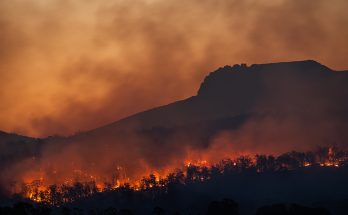By Wolfgang Kuhn, Director of Financial Sector Strategies, ShareAction
Together with over 100 Barclays’ investors, ShareAction has filed the first ever climate-related shareholder resolution at a European bank.
This is significant.
Why? Because banks are the laggards on climate action.
It’s 2020. Last year saw record high emissions, and this year is expected to follow suit. This is at a time when the science warns us the next decade is critical in bending the emissions curve and delivering a low-carbon transition.
Such a transition will cost trillions. Banks have a vital role to play in financing it, and are at huge risk if they don’t.
Yet they still pump billions of dollars into the companies at the forefront of the climate crisis. Since the Paris Agreement was signed in December 2015, 33 of the world’s largest banks have invested some US$1.9 trillion into fossil fuel companies. Much of that investment is at risk of becoming worthless.
Why Barclays?
Barclays alone was responsible for US$85 billion of this funding.
That makes it the sixth largest backer of fossil fuels in the world, and the worst climate offender in Europe – exceeding its peers to the tune of US$27 billion.
Meanwhile, Barclays’ funding runs broad and deep, with billions going into controversial, high-carbon sources such as Arctic oil and tar sands.



